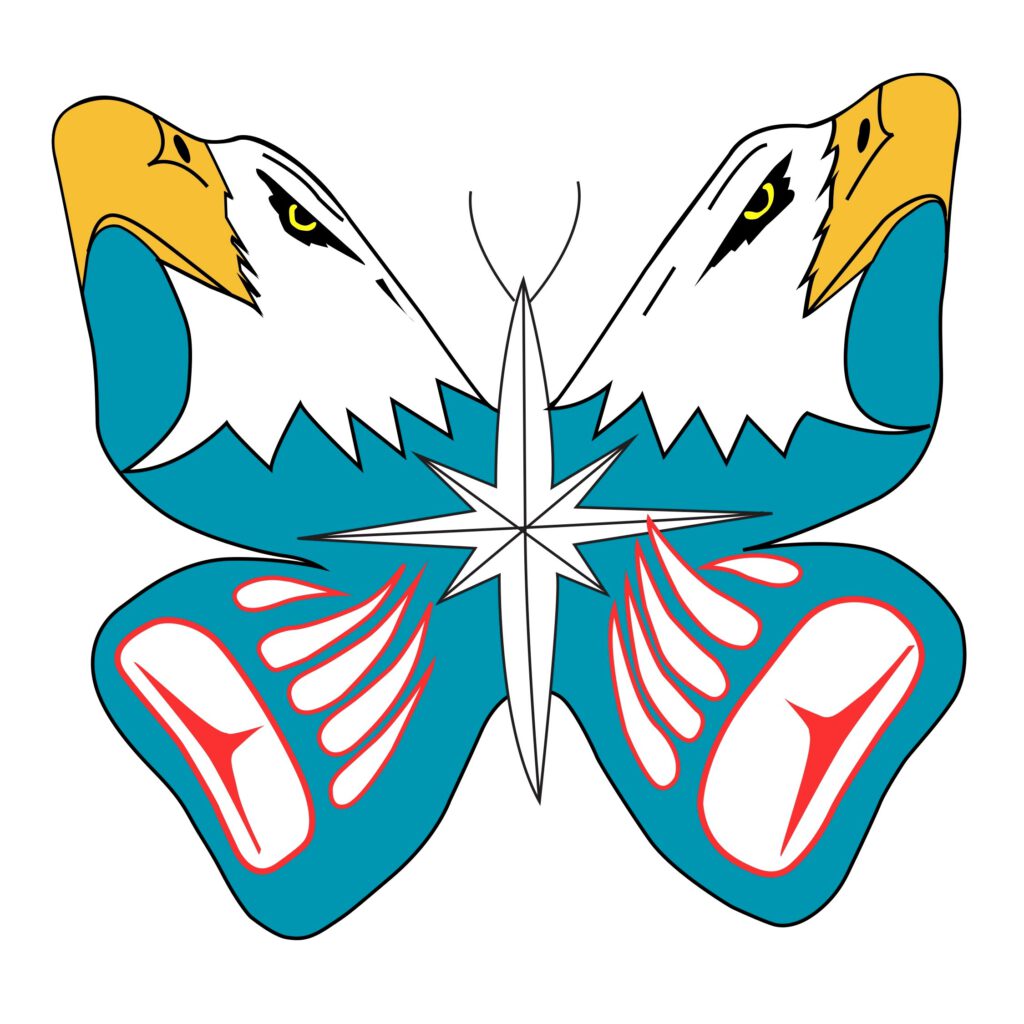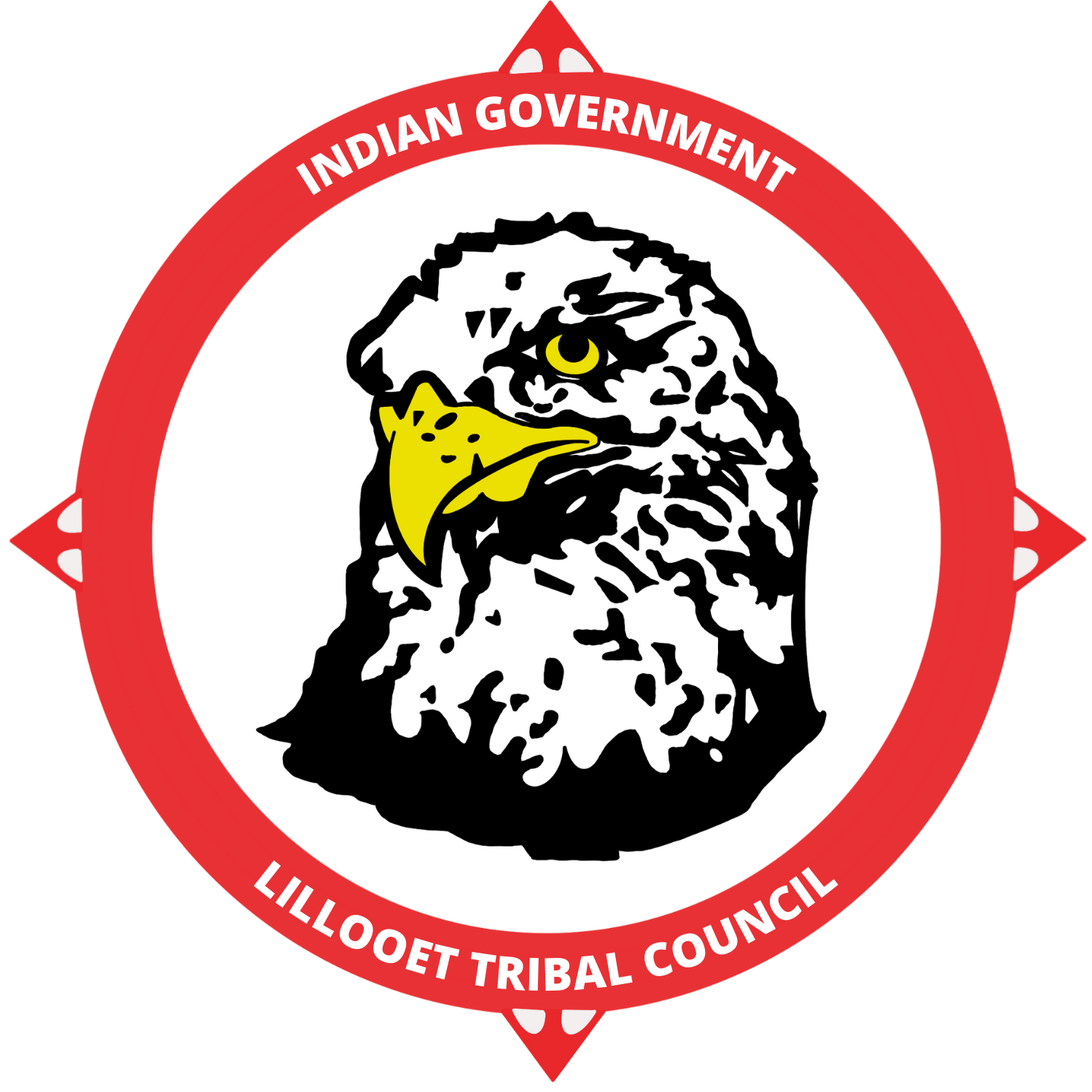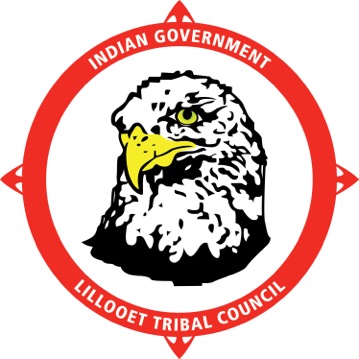
The St’át’imc Outreach Health Services (SOHS) works collaboratively with Northern St’át’imc communities, partners in health, and other agencies in the Northern St’át’imc Territory to plan, communicate, advocate, and deliver shared professional health care services.
The St’át’imc Outreach Health Services (SOHS) works collaboratively with northern St’át’imc communities and partners, to design and deliver health care services.
-
- In 2015-17 the initial health plan was implemented; the health plan was updated in 2024
- St’at’imc Outreach Health Services works closely with the Health Advisory Committee (HAC), which is made up of Health Directors/Leads of the northern St’át’imc communities (Xwisten, Xaxli’p, Tsal’alh, T’it’q’et, Sekw’el’was and Ts’kw’aylaxw). The HAC provides advice on communities’ needs and priorities in health.
interim northern St’at’imc Health Plan
SOHS operates’ as a department under the authority of the Lillooet Tribal Council (LTC) and receives direction from the northern St’át’imc ‘Hub’ Advisory Committee (NSHAC), which is made up of Health Directors/Leads of St’át’imc communities (Xwisten, Xaxli’p, Tsal’alh, T’it’q’et, Sekw’el’was and Ts’kw’aylaxw). NSHAC provides SOHS direction through collaboration and communication with the Lillooet Tribal Council Health Administrator who reports directly to the LTC Administrator.
SOHS Services:
- Addictions: The Addictions program uses a client-centred wrap around approach to work with clients to access a range of services including one-on-one counselling, group counselling, referrals, and community education. This position is currently seeking a full-time worker.
- Mental Health Counselling (link the referral page)
- Community Engagement (Planning & Partnership): The Community Engagement Coordinator engages the six norther St’at’imc Outreach Health Services communities to provide their input and feedback on the types of health programming each community needs and to heard feedback on how to continuously improve. The primary focus is on hosting monthly Health Advisory Committee meetings and St’at’imc Health Assembly meetings two times a year. The CEC works closely with partners from across the interior region (e.g. Interior Health) and the province (e.g. Ministry of Health and FNHA) to plan for extended delivery of health services in the norther St’at’imc Territory.
- Health Advocate (vacant)
- Land Based Healing:
- Nukw7antwal (Day Treatment) & Wellness: The Day Treatment Program is an 8-week program that provides clients with a variety of activities to support their healing journey.
- Peer Support: The Peer Support worker reaches out to people who are struggling with addictions and offers a range of services: (bullet points) harm reduction, referring people to the Opioid Agonist Treatment Clinic, community awareness and building their ability to respond to crisis, referrals to treatment centres, providing recovery and aftercare support.


